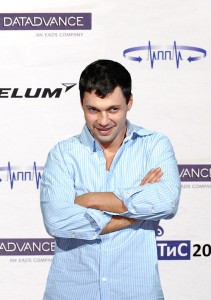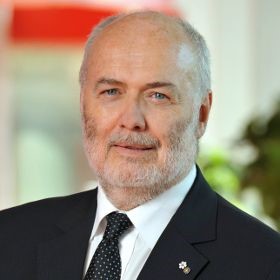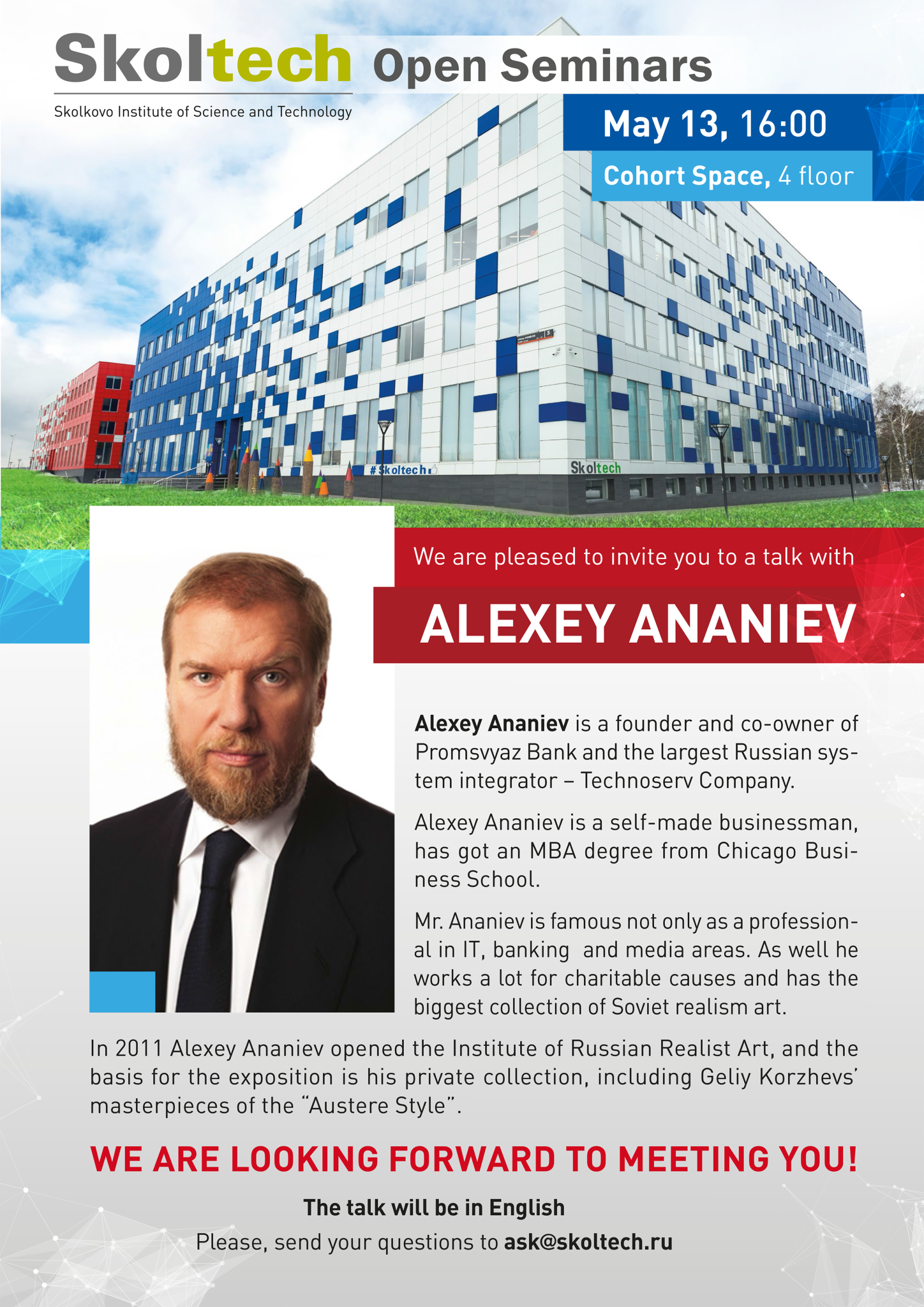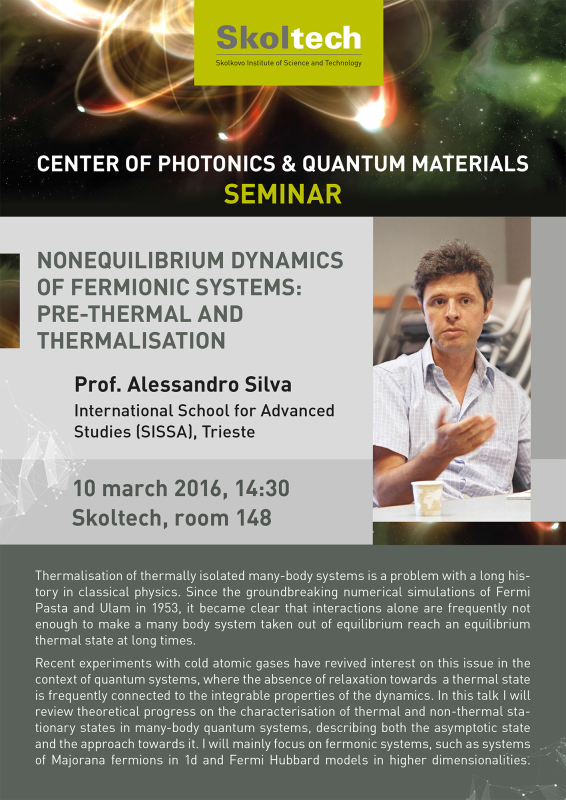We are glad to invite you to a seminar by Prof. Tomaž Podobnikar, titled “A Robust Framework for the Fused Spatial Information for Enhanced Earth and Space Analysis/Activities”
Seminar abstract
The (geospatial) data and derived information are becoming a currency of the 21th century. The quantity of digital spatial data is rapidly increasing. Earth observation (EO) and planetary spatial data are provided by a series of satellites at high spatial, spectral, and temporal resolution, revolutionizing the market of spatial and space applications. There are also other older data sources acquired with various techniques, such as data from topographical maps, geodetic measurements, photogrammetry, etc.
However, the methods for data processing very rarely consider available data sources with their geometric and semantic value, and different methods in order to considerably improve quality and reduce the cost of the datasets and the derived models, what is an important issue for my research.
The background of my research vision is to use a number of present spatial data. For that, I have a strong background in developing supporting methods such as generic Multidirectional Visibility Index (MVI) initiated for the planet Mars study. I have already produced a high accuracy digital terrain model (DTM) of Slovenia and its surroundings with a resolution of 12.5, 25 and 100 m. It based on my own methodology of positional and semantic data conflation (integration/fusion) from multi-source data of different quality. This model is still regarded as the national standard and is publicly available. The DTM 12.5 was integrated into both the European model and into improved Google Earth model. Later on, I have also proposed and applied a multimethod methodology for high-resolution lidar DTMs production.
My proposed methodology can generate any kind spatial model (e.g. DTM, land-use change model) on the basis of a large quantity of multi-sourced data sets and multimethod principles. My aim is to propose a novel methodology that includes contextual principles for spatial data processing, generalization and multi-scale techniques, visual analytics, quality management, and near-universal principles. The framework is going to be realized as a platform (service, desktop application software, productivity tools). According to the trends of technology development, my framework has a unique design with no world analogy.
Speaker introduction
 Current position: Associate Professor, University of Ljubljana
Current position: Associate Professor, University of Ljubljana
Education, habilitation: PhD, Associate Professor, Scientific Councilor (Research Advisor)
Career: >20 years professional experiences; worked for 11 academic, governmental, NGO, and consulting organizations in 7 countries; awards and prizes as researcher and teacher
Experiences: >540 citations, R&D, teacher, supervisor, trainer, consultant; project manager in 17 and contribution in >70 international projects; teams leader (head of department); multidisciplinary and multicultural experiences
Specialization and skills: geoinformatics, geomatics, GIScience, engineering, environmental and social sciences, space research; IT, GIS, remote sensing, geospatial analysis, geomorphometry, cartography, environmental geography, palaeoenvironmental analysis, spatial modeling for conservation (environment, cultural heritage), landscape archaeology, spatial data quality and information management, (geo)spatial data interoperability, geovisual analytics, (geo)spatial modeling, reasoning and decision making, multimethod research, (geo)spatial thinking and participatory concepts, database management, geodetic measurements.





